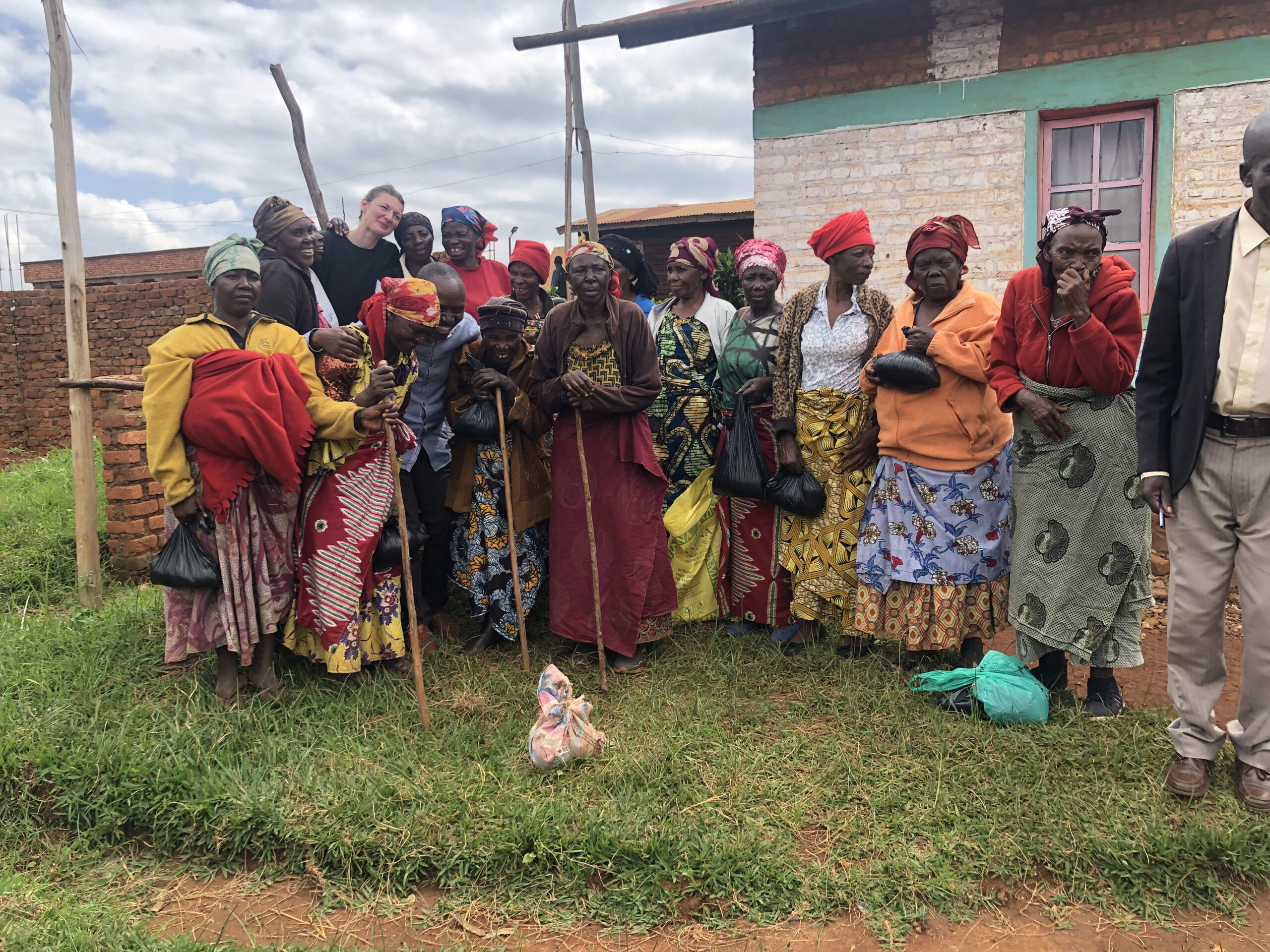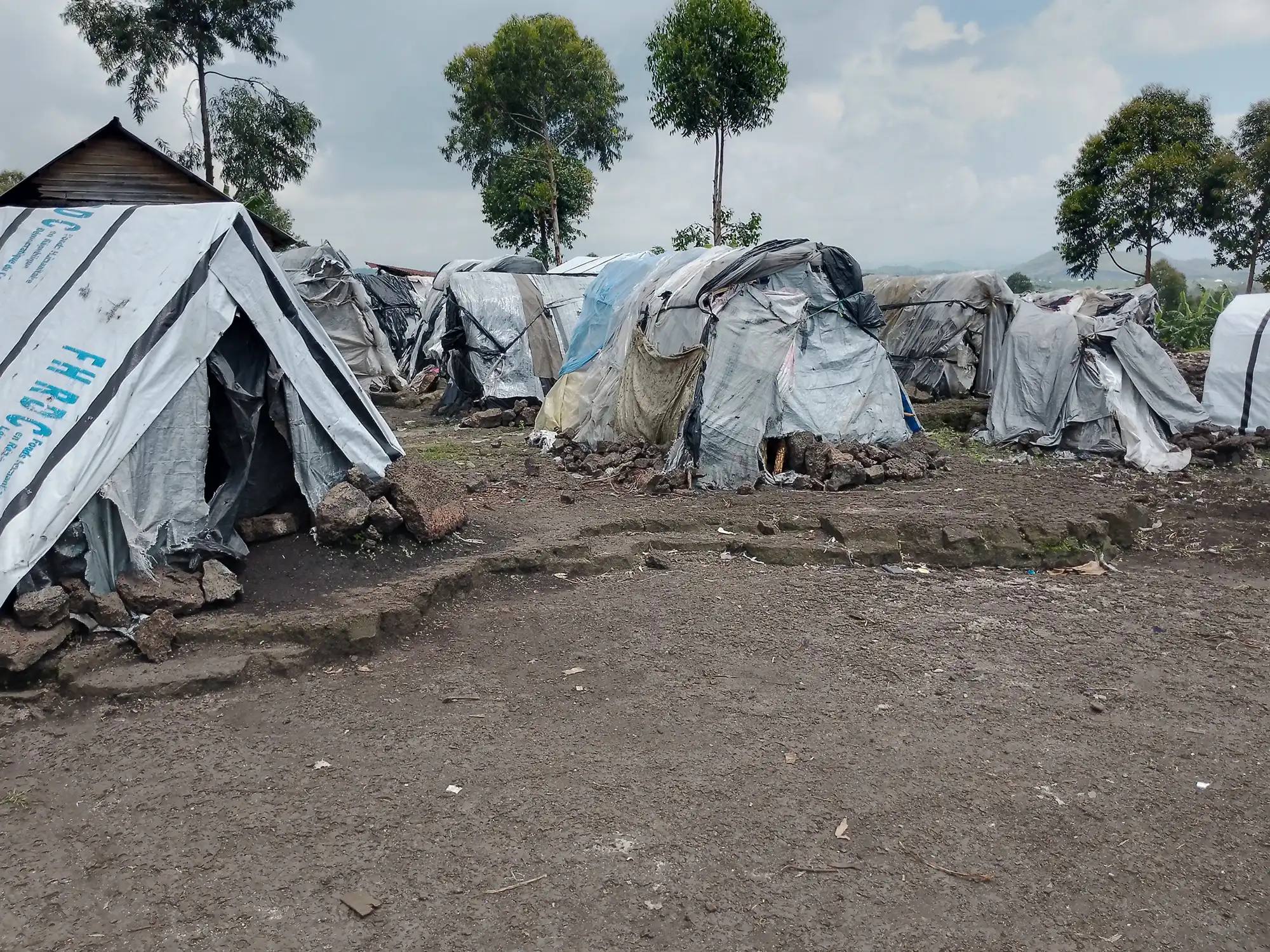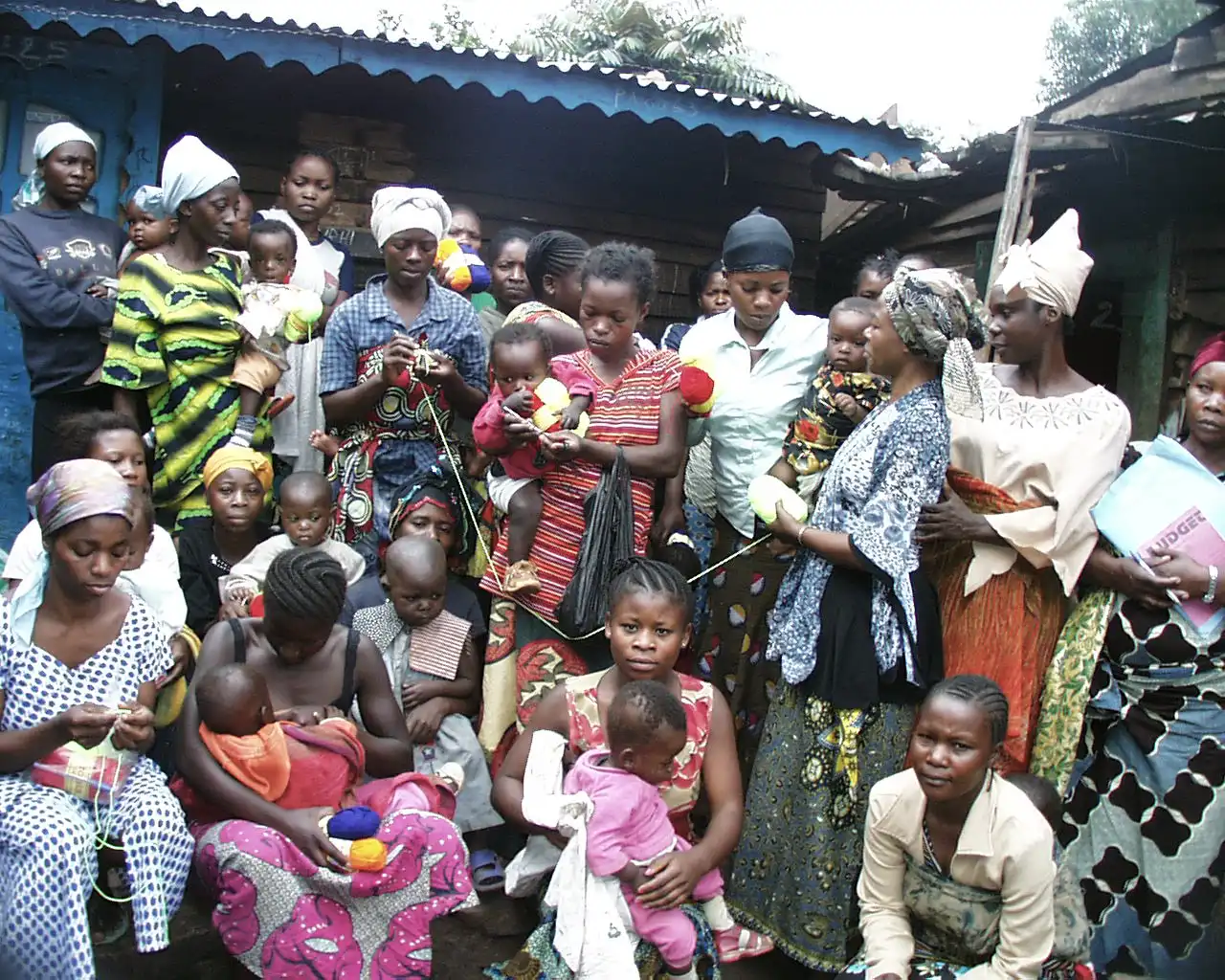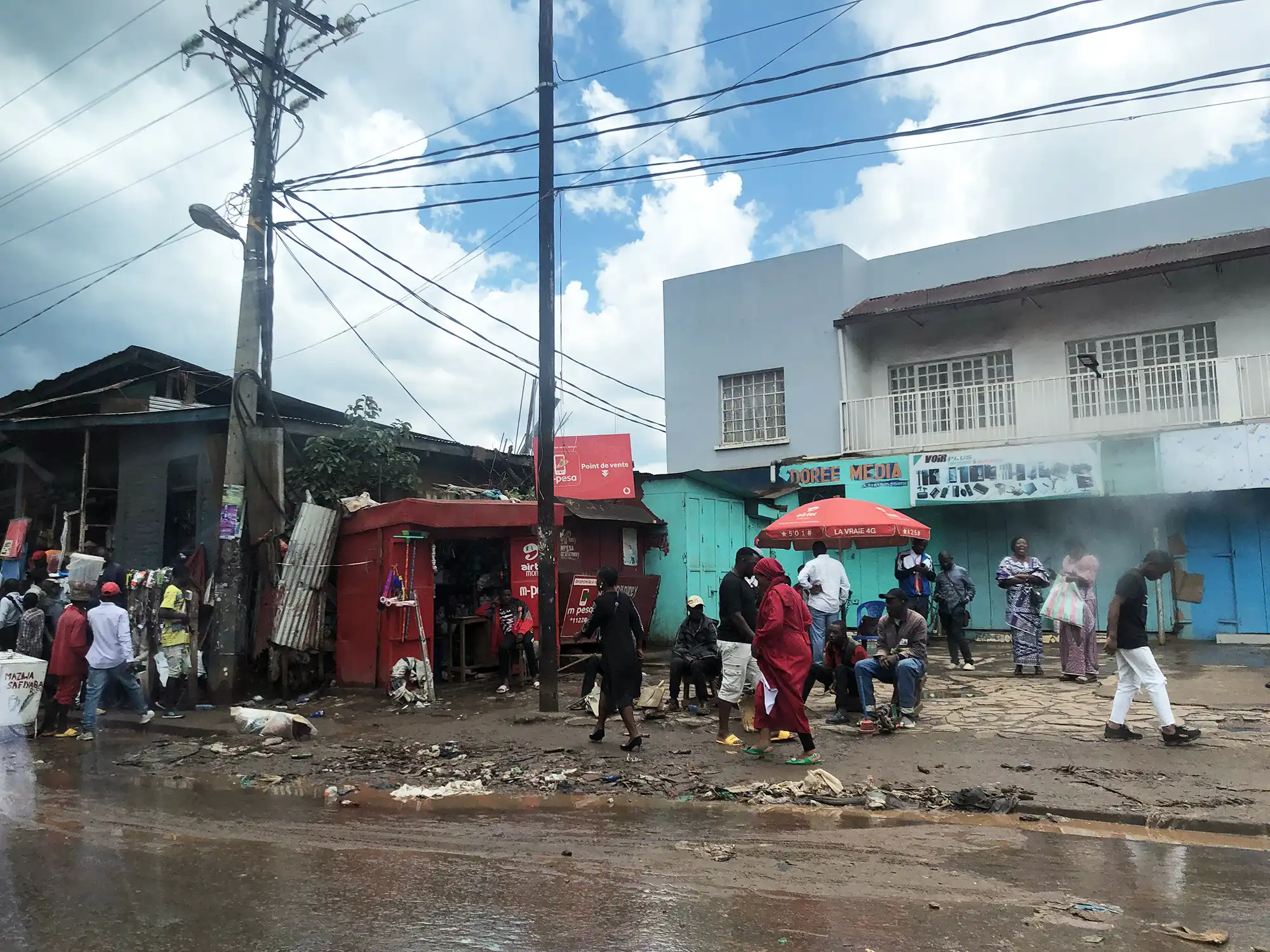We use cookies to help you navigate efficiently and perform certain functions. You will find detailed information about all cookies under each consent category below.
The cookies that are categorized as "Necessary" are stored on your browser as they are essential for enabling the basic functionalities of the site. ...
Necessary cookies are required to enable the basic features of this site, such as providing secure log-in or adjusting your consent preferences. These cookies do not store any personally identifiable data.
Functional cookies help perform certain functionalities like sharing the content of the website on social media platforms, collecting feedback, and other third-party features.
Analytical cookies are used to understand how visitors interact with the website. These cookies help provide information on metrics such as the number of visitors, bounce rate, traffic source, etc.
Performance cookies are used to understand and analyze the key performance indexes of the website which helps in delivering a better user experience for the visitors.
Advertisement cookies are used to provide visitors with customized advertisements based on the pages you visited previously and to analyze the effectiveness of the ad campaigns.
The Democratic Republic of Congo (DRC) is a country of immense natural beauty with its rolling hills, dense forests, and flowing rivers. Yet, beneath the breathtaking landscapes lies a story of struggle, resilience, and hope. The Congolese people living in the eastern of the country, despite enduring years of conflict and hardship, are striving for a better future—but they cannot do it alone.
The DRC’s journey through history is deeply shaped by its colonial past and the complexities of post-independence governance. The country gained its independence in 1960, and while this was a significant step forward, the following decades were marked by political and economic challenges. The nation's vast mineral wealth, which includes diamonds, gold, and cobalt, has been both a source of potential prosperity and, at times, a cause of instability.
In the 1990s, the DRC experienced a prolonged period of conflict, which impacted millions of lives. The effects of these years are still felt today, particularly in the eastern regions, where violence continues to displace people and disrupt livelihoods. Over 5 million Congolese are currently displaced, with many living in difficult conditions, reliant on humanitarian aid.
The nation’s history has been marked by periods of hardship, conflict, and instability that have left millions in need of humanitarian assistance. Despite these struggles, there is hope for a brighter future with the right support. This is not just a story of distant suffering; it’s a call for help from real people, facing real challenges every day. And you can be part of the solution.

Imagine for some people and areas waking up each day not knowing if you’ll have food for your family or whether you’ll have to flee your home because of violence. This is the harsh reality for millions of people across the DRC. The eastern regions, in particular, remain deeply affected by ongoing conflict. Armed groups continue to clash, forcing families to abandon everything they know and seek refuge in makeshift camps.
Many places the roads are difficult to travel, the healthcare system is struggling, and in many areas sometime schools remain closed. In these circumstances, even the simplest things—clean water, medicine, food, electricity —are out of reach for too many.
Yet, the spirit of the Congolese people remains unbroken. Communities work together to protect and support each other as best they can. Parents still dream of better lives for their children, and young people remain hopeful for a future of peace and opportunity. But they need your help to make that future a reality.

Displacement & Conflict

Food & Healthcare

Human Rights & Vulnerable Populations

Infrastructure & Services
Standing in solidarity with the people of the DRC means more than offering aid; it means joining them in their journey toward lasting peace and stability. Every action, no matter how small, brings hope to communities that have endured far too much.
The Congolese people are doing everything they can to rebuild their lives and their country. But they need your partnership to make it possible. By acting now, you are not only offering relief but also supporting the dream of a better, safer future for millions of people.
Despite these challenges, international and local organisations like the PCR Foundation are working tirelessly to provide aid, and support peace efforts. It is essential that the global community continues to assist in these efforts, ensuring that humanitarian aid reaches those most in need, while also supporting initiatives for conflict resolution and sustainable development.
The Congolese people have shown incredible strength and determination in the face of adversity. With the right support, there is hope for lasting peace, stability, and a future where every person can thrive.